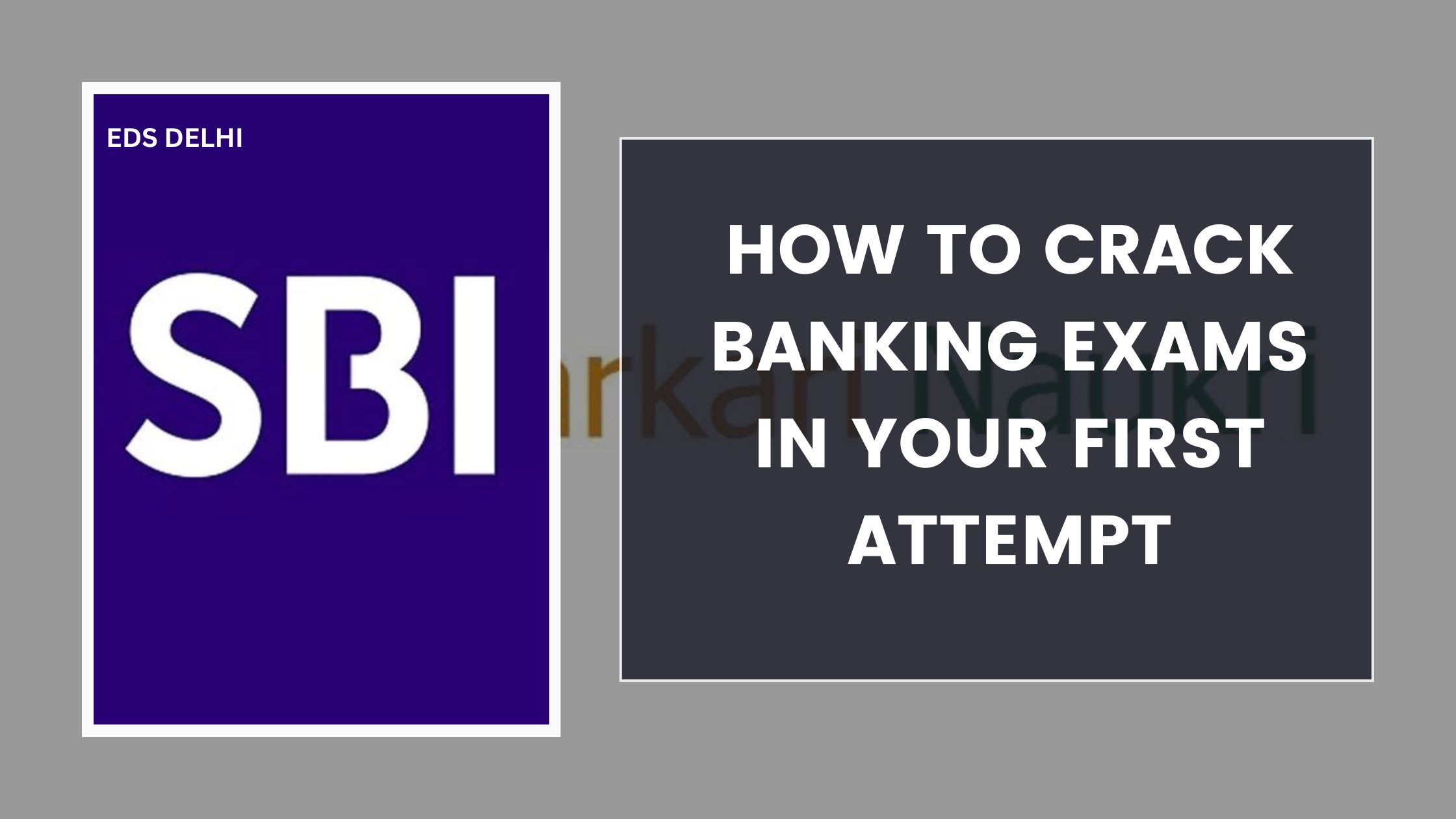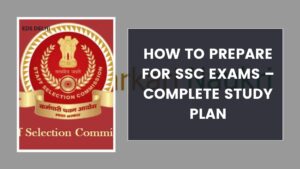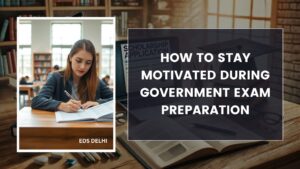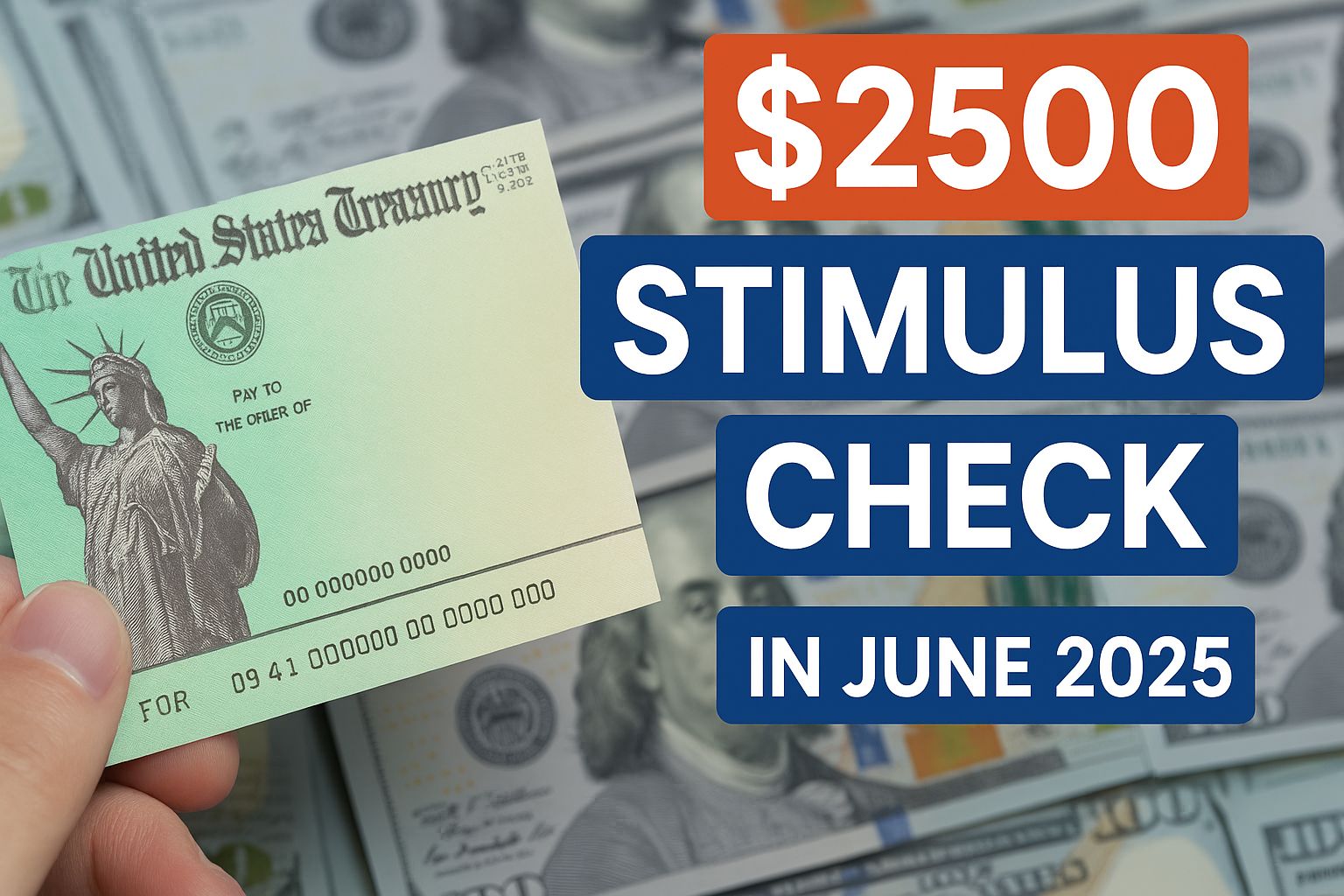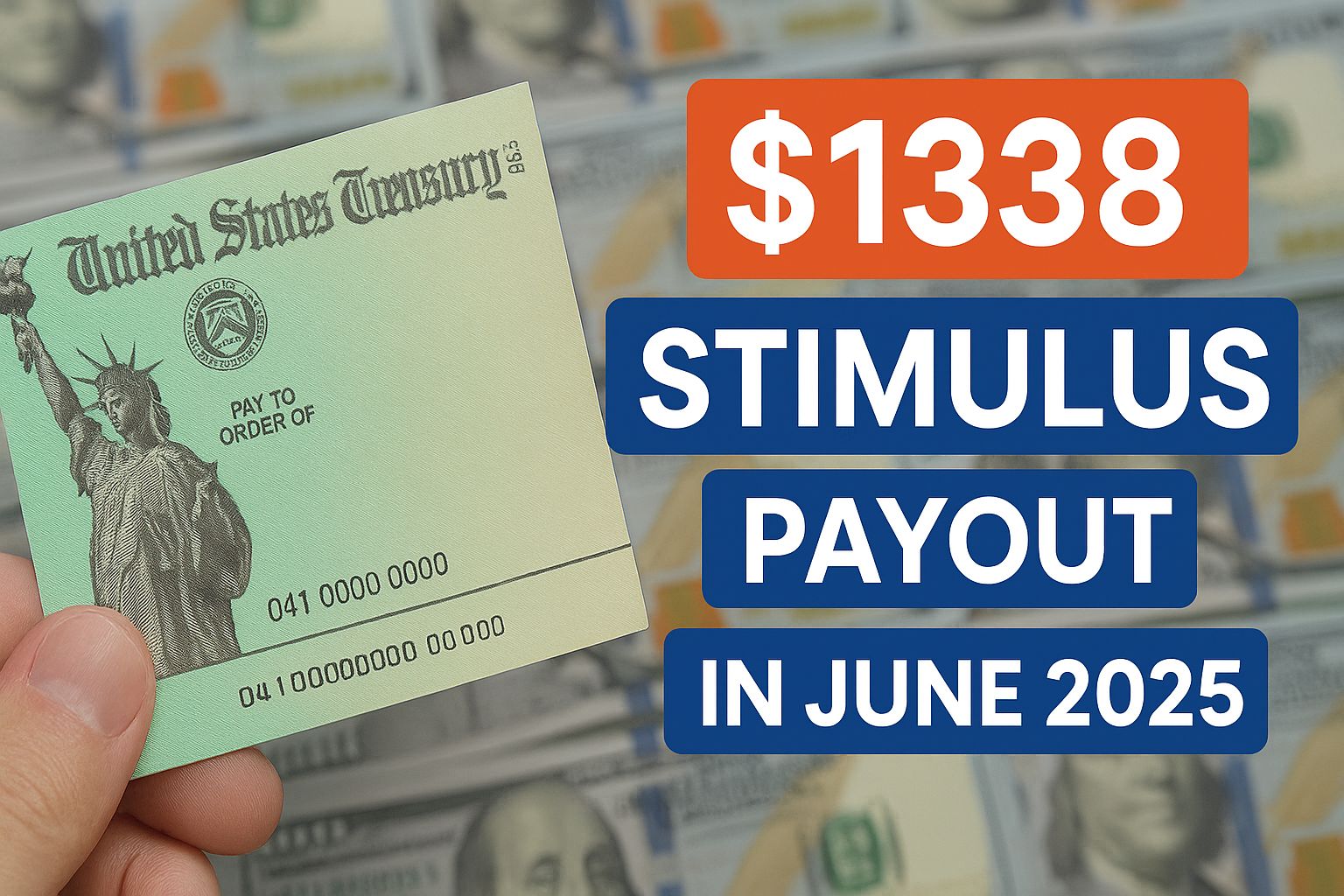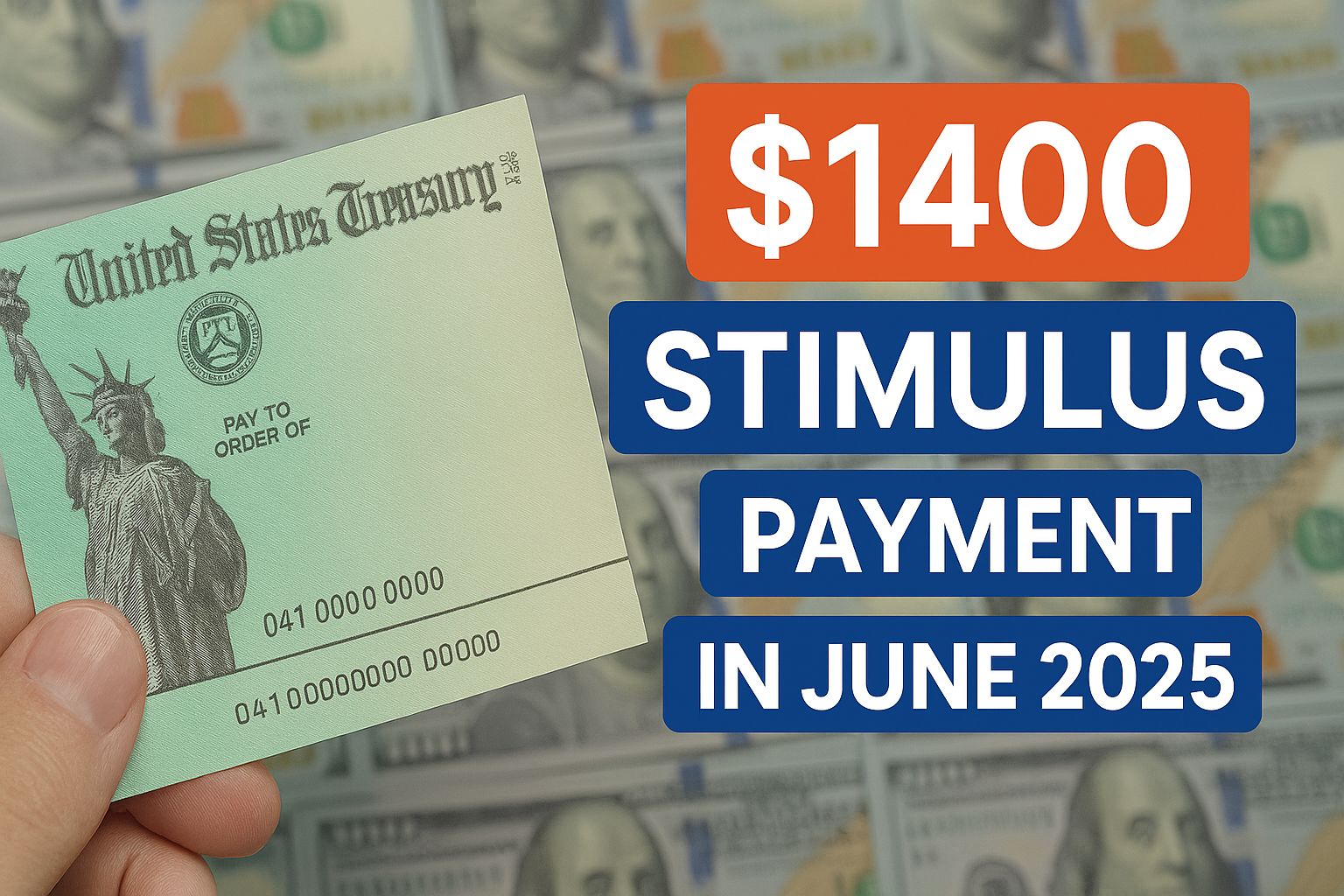Banking exams are highly competitive, with thousands of candidates appearing every year for limited vacancies. Cracking these exams on your first attempt can feel challenging but is absolutely possible with the right strategy and preparation.
Whether you’re aiming for jobs like Probationary Officer (PO), Clerk, or Specialist Officer (SO), this guide will help you plan and succeed.
1. Understand the Exam Pattern and Syllabus
Before you start studying, know the exam format well:
- Preliminary Exam: Usually includes English Language, Quantitative Aptitude, and Reasoning Ability.
- Main Exam: Covers Reasoning & Computer Aptitude, Data Analysis & Interpretation, General/Economy/Banking Awareness, and English Language.
- Interview/Group Discussion: For PO and some SO posts.
Knowing the syllabus and weightage of each section helps you focus on important topics and manage time efficiently.
2. Create a Realistic Study Plan
Consistency is key. Prepare a daily timetable balancing all sections with breaks.
- Divide your time: Spend more time on weaker sections but don’t neglect strengths.
- Set weekly targets.
- Include revision time in your plan.
- Practice regularly with mock tests and previous papers.
3. Focus on Basics and Concepts
Banking exams test your fundamentals:
- For Quantitative Aptitude, practice basics like percentages, ratios, simplification, and data interpretation.
- For Reasoning, work on puzzles, seating arrangements, and logical reasoning questions.
- For English, improve grammar, vocabulary, and reading comprehension skills.
- Stay updated with current affairs, especially banking and economy news.
4. Use Quality Study Materials and Resources
Choose the right books and online resources:
- Books like Quantitative Aptitude by R.S. Agarwal, Reasoning by M.K. Pandey, and Objective English by Arihant are popular.
- Use daily current affairs from reliable websites and newspapers.
- Practice with previous year question papers and online mock tests to familiarize yourself with the pattern and difficulty level.
5. Practice Time Management
During exams, managing time is crucial:
- Solve easier questions first to secure marks quickly.
- Don’t get stuck on tough questions; move on and come back if time allows.
- Practice with a timer to improve speed and accuracy.
- Regular mock tests help simulate exam conditions.
6. Stay Updated with Banking and Economic News
General Awareness is an important section:
- Read daily newspapers like The Hindu, Economic Times, or use apps focused on banking news.
- Follow RBI announcements, government schemes, and financial terms.
- Keep notes of important current affairs for quick revision.
7. Improve Your English Language Skills
English is a key part of banking exams:
- Read editorials, articles, and books to improve vocabulary.
- Practice grammar exercises regularly.
- Work on comprehension passages, error spotting, and sentence improvement questions.
- Use flashcards or apps for vocabulary building.
8. Take Mock Tests and Analyze Your Performance
Mock tests are the best way to assess your preparation:
- Take tests regularly under exam-like conditions.
- Analyze your mistakes and weak areas.
- Work on time management and question selection.
- Track your progress to boost confidence.
9. Maintain Good Health and Stay Positive
Preparing for banking exams can be stressful:
- Take regular breaks to avoid burnout.
- Eat healthy and get enough sleep.
- Exercise or meditate to stay focused.
- Stay motivated and keep a positive mindset.
Conclusion
Cracking banking exams on your first attempt requires a clear understanding of the syllabus, focused preparation, consistent practice, and a strong mindset. Follow a structured study plan, use the right resources, and keep practicing mock tests to improve speed and accuracy.
Stay updated with current affairs and take care of your health to perform your best on exam day. With dedication and smart work, success is within your reach!
Check The Upcoming Govt. Exam Click Here
FAQ’s
Q1. How many hours should I study daily for banking exams?
It depends on your comfort, but 4-6 hours of focused study daily is ideal.
Q2. Is coaching necessary to crack banking exams?
Coaching helps but is not mandatory. Many candidates succeed with self-study and online resources.
Q3. How important are mock tests?
Mock tests are crucial for time management, understanding exam pattern, and boosting confidence.

